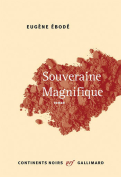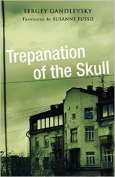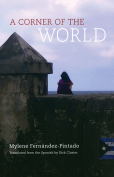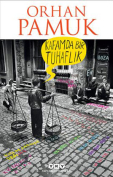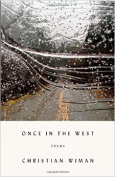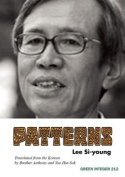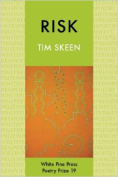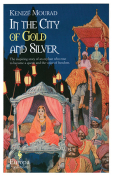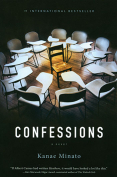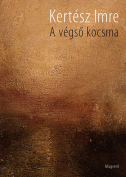Le Livre d’Élise by Elise Rida Musomandera
Paris. Les Belles Lettres. 2014. ISBN 9782251310107
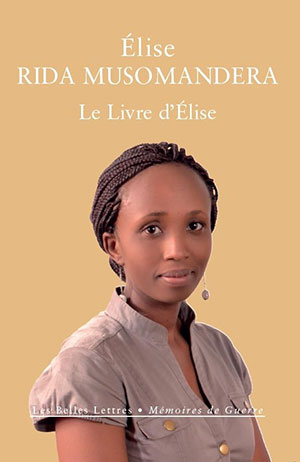 Tutsi genocide survivor Elise Rida Musomandera’s memoir Le Livre d’Élise (Elise’s book) is an honest and powerful portrait of Musomandera’s experiences during the 1994 genocide in Rwanda and her struggles to rebuild her life after the obliteration of fifty members of her family. Ten years old at the time of the genocide, Musomandera recounts the brutal massacre of her immediate family and the chance events that led to her survival. Integrated into a Red Cross orphanage, she finds a measure of stability, but the material and psychological consequences of the genocide remain a constant burden.
Tutsi genocide survivor Elise Rida Musomandera’s memoir Le Livre d’Élise (Elise’s book) is an honest and powerful portrait of Musomandera’s experiences during the 1994 genocide in Rwanda and her struggles to rebuild her life after the obliteration of fifty members of her family. Ten years old at the time of the genocide, Musomandera recounts the brutal massacre of her immediate family and the chance events that led to her survival. Integrated into a Red Cross orphanage, she finds a measure of stability, but the material and psychological consequences of the genocide remain a constant burden.
Le Livre d’Élise is one of the few Rwandan survivor memoirs written by someone still living and working in Rwanda, as opposed to an expatriate living in Europe or the United States, and thus offers a rare glimpse into the daily struggles of those in Rwanda working to rebuild their lives in the absence of their families and former communities. Musomandera gives an unflinching portrait of the hardships she faced postgenocide, describing her difficulty coping with traumatic memories, conflicts with fellow orphans, and the close-to-impossible task of walking miles to school while dizzy from hunger. Despite these enormous obstacles, she gradually forms new relationships, earns a university degree in sociology in 2011, and opens her own boutique, selling fabric and art objects in the Rwandan capital of Kigali.
In addition to giving insight into the life of Rwandan survivors, Musomandera also interpolates her readers, drawing them into her universe through passionate pleas for attention and comprehension. Near the end of the book, she writes: “The survivors testify, but what value do you give these testimonies? Maybe you only say: ‘Oh my God! People are so mean!’ . . . or maybe you are really sorry about what happened, but what are you doing, what are you capable of doing to avoid a new genocide, injustice, the death of children, the rape of women?” Readers cannot help but feel implicated as Musomandera continually challenges them to respond to her words and feel her anger, pain, and determination as she negotiates the challenges of living with her past. In the book’s final pages, she encourages readers to look past the new construction projects dotting the skyline of Kigali and to instead speak with widows and genocide orphans, to understand better what it means to live in present-day Rwanda.
A courageous and moving testimony, Le Livre d’Élise calls upon readers both to listen attentively to voices of suffering and to reflect on their own roles and responsibilities toward current and potential victims of violence.
George MacLeod
University of Pennsylvania

